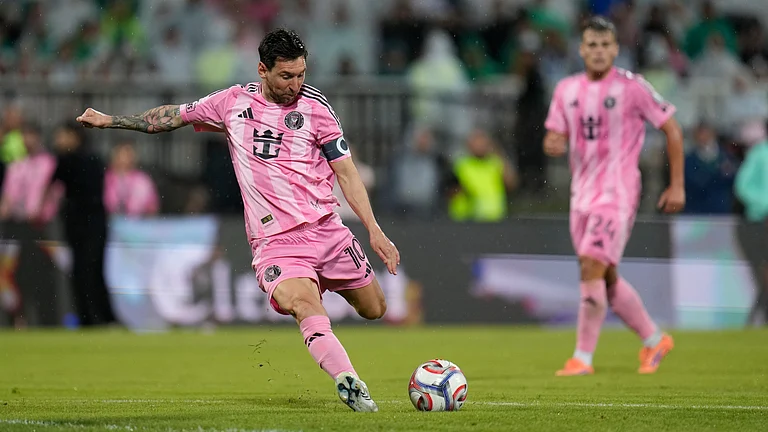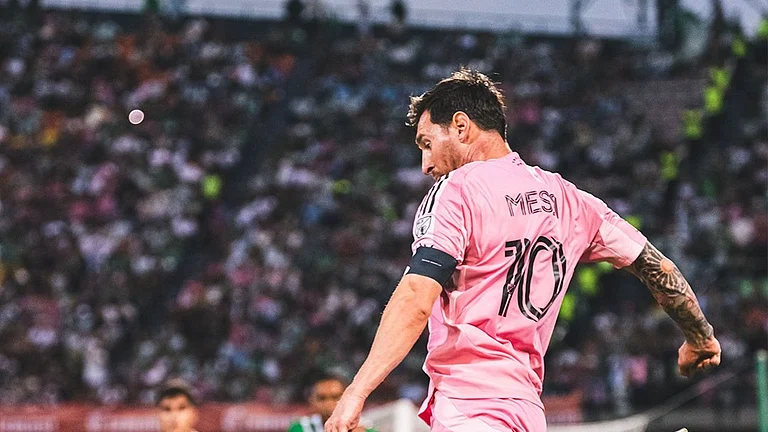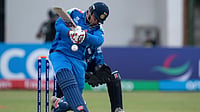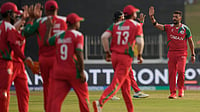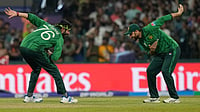
Lionel Messi and Argentina are guests at Angola's 50th independence celebrations
A friendly match is scheduled against Angola's national team
Angola paid $13 million to secure Messi's participation
Lionel Messi and the Argentina national football team are special guests this week as Angola celebrates the 50th anniversary of its independence from Portugal. Events began on Wednesday, November 12, with the reigning world champion's presence expected to add to Angola's jubilation.
Angola has organised an exhibition game on Friday between its national team and the FIFA World Cup holders, Argentina. The Southern African nation reportedly paid $13 million to attract the international sporting icons.
The game will take place at Angola's 11 November Stadium, a venue named after the nation's independence day. The Argentine Football Association confirmed the squad's arrival in Angola on Thursday.
Messi's Participation In Angola
With the Major League Soccer (MLS) playoffs underway and Inter Miami reaching the Eastern Conference semifinals for the first time in club history, there are question marks about Messi's involvement in the friendly match in Angola.
However, as per Argentina insider Gaston Edul, Argentine manager Lionel Scaloni has decided that Messi will start against Angola. Messi's participation was reportedly a primary condition for the appearance fee paid to the Argentine Football Association (AFA).
Angola's Independence Celebrations
Angola's celebrations began with a ceremony at Republic Square in the capital, Luanda. Soldiers raised a giant Angolan flag in front of President Joao Lourenco. Angola declared independence from colonial ruler Portugal on November 11, 1975, but quickly entered a devastating civil war. The conflict killed between 500,000 and 1 million people and ended in 2002.
Oil-rich Angola has been governed by one political party, the People's Movement for the Liberation of Angola (MPLA), since independence. The other parties involved in the nation are the National Union for the Total Independence of Angola (UNITA) and the National Liberation Front of Angola (FNLA).
(With AP Inputs)







